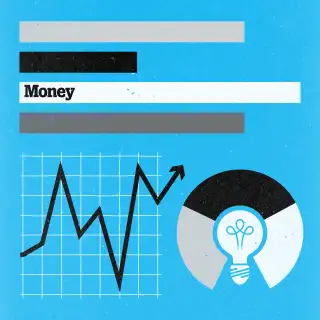Can I Trust Retirement Savings Calculators?

Q: All the online calculators say I'm saving enough for retirement, but how accurate are they? I am 30, contribute 8% of my $75,000 salary to my Roth 401(k). My employer matches 4% and throws in a bonus of another 2% on top. — Dave from Philadelphia
A: Retirement calculators — such as those offered by Bankrate.com, Charles Schwab, or T. Rowe Price — are great for getting a handle on how much you need to save for retirement. But they are only as accurate as the information you supply and the assumptions you make about your future income and savings, when you'll retire, and the type of retirement you're hoping for.
Also, the amount you're supposed to amass isn’t set in stone.
As the years and decades go by, it’s likely that your needs and aspirations will change and so too might this critical estimate of whether you're saving enough.
That said, there is value in periodically checking your progress by plugging numbers into a retirement calculator. “It can give you a fairly decent road map,” says Jeff Weeks, a financial advisor with Wells Fargo Advisors in Pensacola, Fla. “Like anything else it’s always good to have a goal.”
Of course, a goal is only meaningful if it inspires you to take action. Don’t let it lead to complacency.
It’s like sitting down just because your wearable device shows you logged your 10,000 steps for the day. If you are saving enough to reach your retirement goal — and we would venture to say you are — ignore the calculator and up your mileage anyway.
The more you save early, the more leeway you will have down the road if and when you encounter detours and roadblocks. What’s more, with time on your side, you can afford to take on a little more risk. Rather than sweat out bear markets you can embrace them as buying opportunities.
Finally, you have the benefit of compounding. If your goal is to save $1 million by the time you turn 65, you need to save half as much per month at age 30 than you do at age 40.
With all of this in mind, consider rethinking your target.
Weeks recommends aiming to save 10% of your salary. If that increase isn’t onerous, bump it again until you reach the maximum contribution of $18,000.
Maximizing your savings while you're young, even if a savings calculator tells you you're socking away enough, will create some wiggle room so that if you can't max out your savings down the road (for instance when kids come along), you'll still be in good stead.